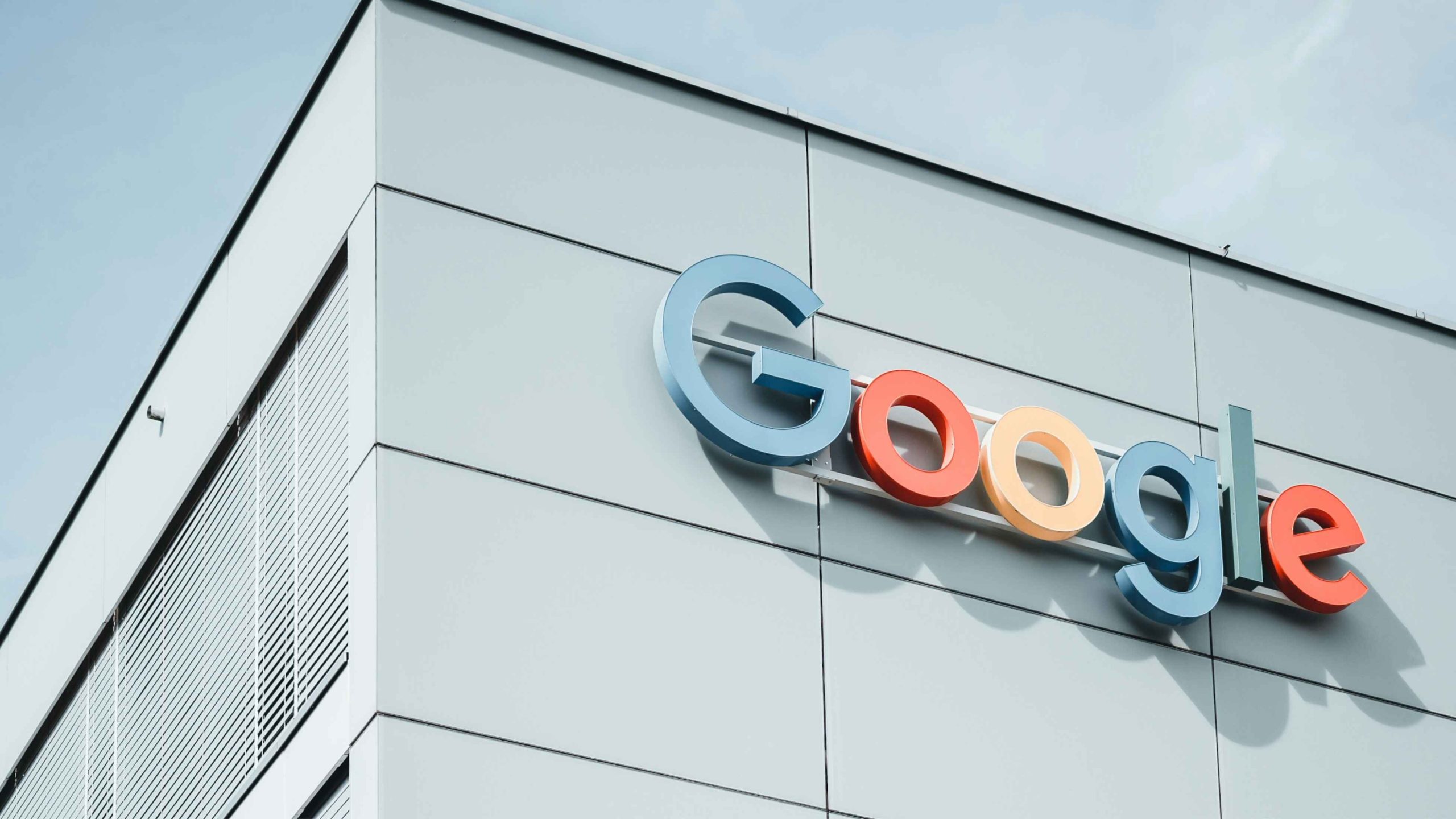In This Article
The search landscape has shifted from users making text based queries on Search Engines to AI powered models where users can have a conversation to gain the information that they need.
This evolution means that users are no longer just searching for answers, they’re engaging in dynamic conversations that expect clarity, depth, and context. As a result, the way brands appear, compete, and connect with audiences is being redefined at speed.
How has search evolved?
Where traditional search engines identify relevant keywords and relevance signals today’s large language models (LLMs) deliver nuanced understanding, processing intent, context, and even semantic meaning or the queries they are asked.
This shift has made LLM SEO not just relevant, but vital for brands aiming to remain discoverable. In 2026, successful search optimisation demands both technical precision and an understanding of how LLMs shape user journeys, spanning traditional engines, conversational AI, and vertical platforms. Getting ahead means rethinking your SEO strategy for a new paradigm and future-proofing your visibility by understanding the different ways users now search and where your brand now needs to be to be seen by them – and more importantly; how to get your brand there.

What are Large Language Models (LLM’s)?
Large language models are advanced AI systems trained on vast datasets, enabling unprecedented fluency and contextual understanding in online language. Far beyond basic bots, today’s LLMs (think Gemini, ChatGPT, Claude or Perplexity) interpret, generate, and recommend content tailored to individual queries. Rather than relying just on simple queries,, these models analyse entity relationships, intent, and authoritative signals. LLM SEO, therefore, is the science and art of positioning your brand at the centre of this AI-powered knowledge map, ensuring that content is discoverable, accurate, and AI-friendly across every touchpoint. It’s no longer just about showing up in searches for brands, it’s about being the AI chosen answer to questions and queries.
Want your brand to be a winner in the new AI era?
Partner with Found’s award-winning LLM SEO specialists and let’s unlock next-generation visibility, fuelled by advanced AI, data, and creative strategy.
Why LLM SEO is critical for modern search?
AI-powered platforms are now central to how information is found, considered, and acted upon. With LLM-powered tools influencing the buying journey across all industries and vertices, from B2B to retail – brands must ensure they’re surfaced and recommended by next-gen search. Relying on traditional SEO alone risks falling behind as Google CTRs decline, search fragments, and buyers rely on AI for comparisons and recommendations. LLM SEO ensures you’re not just indexed, but interpreted and cited by the models shaping C-suite decisions, market trends, and purchase intent. Visibility and success in this environment requires technical excellence, authoritative reputation, and a future-ready approach.
Traditional SEO Vs LLM SEO
Balancing traditional SEO with LLM SEO is the new frontier. While both share common goals such as visibility, authority, engagement – their routes to success are evolving. Traditional SEO focuses on keywords, backlinks, and technical site health to rank on SERPs. LLM SEO, however, requires optimising for AI-driven relevance: delivering structured, entity-rich, and contextually trusted content that makes your brand the answer, not just an option.
Key differences and similarities:
| Success Criteria | Traditional SEO | LLM SEO Optimisation |
| Keyword Targeting | Core driver | Still relevant but needs semantic alignment |
| Content Structure | Optimised for search bots | Optimised for intent, AI parsing, conversation |
| Technical SEO | Fundamental | Still vital (schema, site health, accessibility) |
| Entity Optimisation | Occasionally used | Essential – establishes context & authority |
| Authority Signals | Backlinks, brand mentions | Mentions, citations, factual accuracy, coverage |
| Performance Metrics | Ranks, CTR, organic traffic, conversions | Visibility in AI outputs, citations, rec. accuracy |
To succeed, brands must integrate LLM SEO into their digital strategy, combining structured data, strong entities, and authoritative content with targeted, classic SEO foundations. This means reshaping your site to be both crawler-friendly and AI-intelligible, and investing in reputation, fact-checking, and proactive brand stewardship.
LLM SEO Optimisation Strategies
To lead in your space and ensure your brand is visible across searchable channels, there are a number of strategies we’d recommend you implement.
- Leverage structured data & schema markup
LLMs interpret structured data to understand context, relationships, and attributes. Embedding schema markup across your site clarifies key details – such as business type, products, and people, for both search engines and language models. Effective LLM SEO optimisation means going beyond breadcrumbs and reviews; use entity-based schema and align attributes with recognised sources like Wikidata. - Enhance entity & brand authority
LLMs prefer content that reliably represents real-world entities. Ensure consistent naming conventions, maintain up-to-date profiles (Google, LinkedIn, Wikipedia), and actively drive digital PR for authoritative mentions. Large language model SEO optimisation is about shaping trusted narratives through earned coverage, citations, and a cohesive digital footprint. - Optimise for conversational & long-tail queries
Search is now more conversational than ever, fuelled by virtual assistants and generative AI. Craft content that directly answers complex, nuanced questions, using natural language and semantically related terms. Target long-tail intent, not just head keywords, ensuring LLMs can map your answers to information-seeking queries at every buying stage. - Prioritise content depth, accuracy & source linking
. LLMs reward in-depth, well-cited, and actionable content. Regularly audit for factual accuracy, cite trustworthy sources, and update material in line with evolving industry trends. Comprehensive, reference-driven pages perform best for both search engines and large language models. - Monitor & adapt to AI visibility metrics
Traditional rank tracking isn’t enough—brands need to measure citations, mentions, and recommendations within AI outputs (e.g., Google AI Overviews, SearchGPT results). Implement tools like Found’s Luminr for LLM SEO performance insights, and continually refine your strategies as AI platforms expand and user journeys evolve. Stay agile to algorithm shifts and proactive in optimising for new signal types. - Build trust through transparency & consistency
LLMs assess trust signals from real-world consistency, so audit your brand’s listings, fact-check contact details, and address discrepancies (across Google, Bing, Wikipedia, industry directories). Large language model SEO means controlling your narrative, so LLMs amplify your brand, not your competitors’. - Invest in thought leadership & digital PR
Positioning your brand as an authoritative voice drives citations within both human and AI outputs. Prioritise data-led insights, whitepapers, and C-suite content that solve real market pains. Amp up your digital PR to secure high-quality, editorial links and AI citations.
AI-driven search has redefined what it means to be findable. Traditional SEO is no longer enough, leading brands now invest in large language model optimisation as the new frontier. By marrying deep technical expertise, authoritative content, and data-backed insights, your brand will command visibility where it matters most: in the answers trusted by both machines and humans.
AI-driven search will fragment user journeys, shifting some traffic away from traditional SERPs toward conversational and contextual recommendations. Brands that excel in LLM SEO are more likely to remain visible, trusted, and clicked as the search ecosystem evolves. Find out more about our LLM SEO services or get in touch with our team for a chat about your brand.

LLM SEO OPTIMISATION FAQS
Don’t stress, we’ve got
LLM SEO is the process of optimising content so that large language models (such as ChatGPT, Bard, or Claude) can accurately interpret, reference, and recommend your brand. It goes beyond classic SEO by focusing on factual accuracy, entity prominence, and AI-driven context.
The main challenges include staying on top of AI and algorithm shifts, ensuring data consistency across all platforms, and creating content that is both authoritative and LLM-readable. Balancing technical optimisation with real-world reputation is vital for success.
LLM SEO primarily targets AI-powered tools like ChatGPT, Google Gemini (formerly Bard), Claude, and other generative engines that influence search recommendations. It also enhances performance on traditional engines as they integrate more AI elements.
Use AI visibility tools (like Found’s Luminr) to track citations, monitor factual accuracy, and analyse your brand’s presence across AI-driven search results. Brands with structured, well-optimised entities and positive third-party coverage see higher AI-driven visibility.
Entities act as the “connective tissue” for AI – linking your brand to topics, products, and people in knowledge graphs. Well-optimised entities make it easy for LLMs to contextualise and trust your brand

